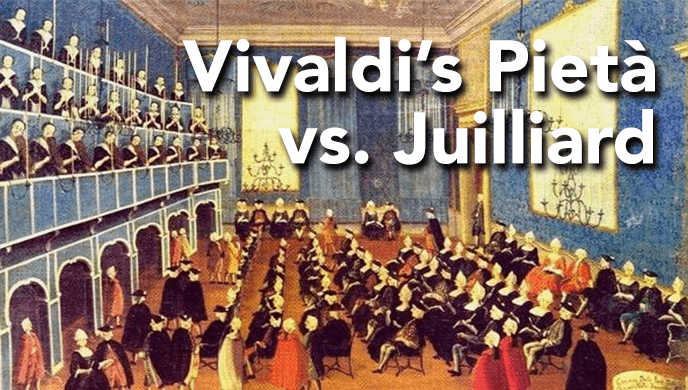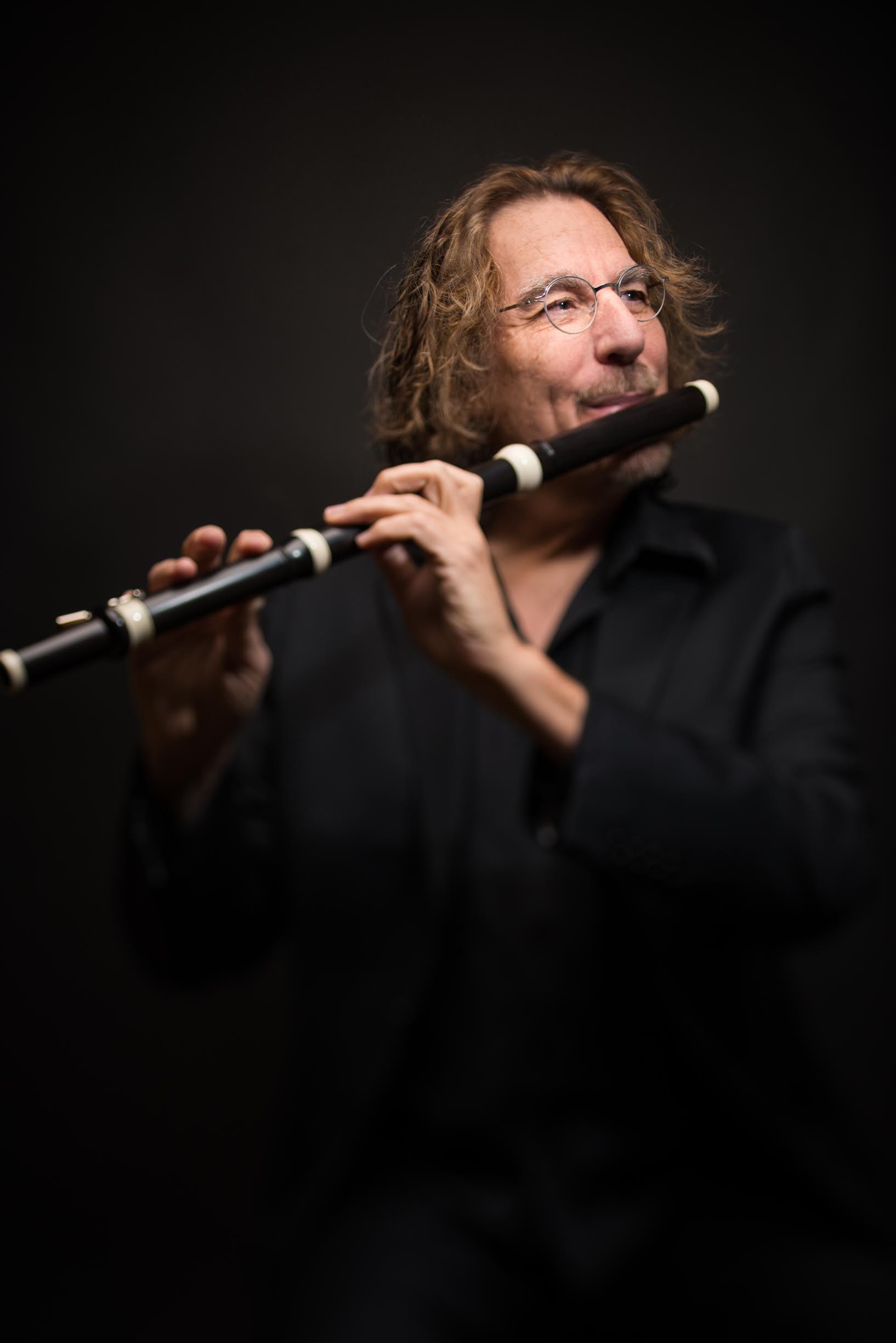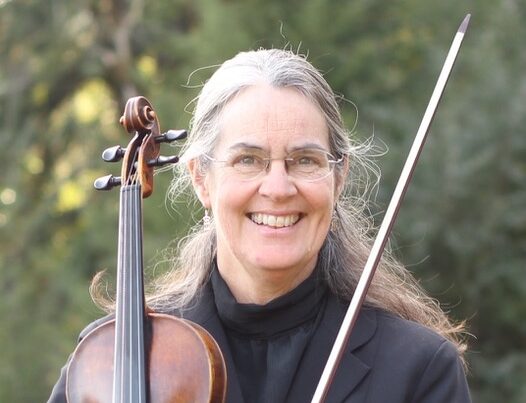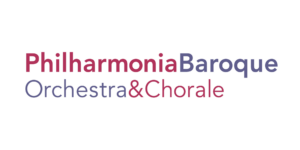Vivaldi’s Pietà vs. Juilliard
By Bruce Lamott
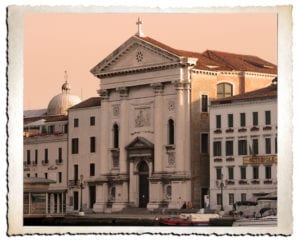
Ospedaie di Pietà
If Antonio Vivaldi worked wonders with randomly deposited orphans at the Ospedaie di Pietà in Venice, where he taught sporadically from 1703 and 1716, and was maestro dei concerti (master of concerts) intermittently until 1739, just imagine what he could have done with the highly selective musicians at The Juilliard School in New York City. Both institutions were internationally known for their performers. However, a Bachelor of Music degree for a Juilliard student typically finishes in four years, while the Pietà required a contract of 10-15 years for most girls, who entered from six to ten years old. So all told, both schools offload their students at roughly age 21.
But here the chasm between the two schools opens up. The Juilliard student virtuosos featured in our upcoming Vivaldi the Teacher program are performing concertos with their teachers from PBO, and a Juilliard performer learns how to command an audience, and engage from center stage. The young women and girls of the Pietà, gowned in white, performed in a gallery above the listeners, obscured by an ornamental grillwork, and known only by their first names. Nevertheless, their performances were anything but demure, as the Vivaldi concertos he wrote for them do not leave room for modesty.
(To get an idea of these performances at the actual Pietà, watch the BBC’s Video: Vivaldi Gloria at La Pieta, Venice…)
Vivaldi worked under one-year contracts. He signed his first in 1703 as a violin teacher, and two years later added viola inglese (viola da gamba) to his duties. The nuns of the Pietà were loath to have male teachers on the staff, and Vivaldi learned not to take those one-year contracts for granted. Tenured Julliard faculty members have greater job security to be sure, and leafing through the catalog suggests that the majority are still men. Most of the instrumental and vocal instruction at the Pietà was done by the older girls and women of the ospedale (orphanage), some of whom were known as the best violin teachers in Venice.
Possibilities seem limitless for a Julliard graduate, who bears a well-respected credential that is a first step into a promising musical career, though often paying roughly a quarter million dollars to get it. Julliard grads may also choose to stay behind in order to pursue a Master’s Degree, but it, too, will not come debt-free.
A young woman finishing her schooling at the Pietà, however, owed nothing. She had three choices. Choice Number One: live out her life at the Pietà. She could become a master teacher, and even conduct these virtuosas behind the screen as maestra di coro.
Choice Number Two: take the veil and become a nun. Though the Pietà was run with some of the discipline of a convent, the girls there were not compelled to take Holy Orders. The girls of the coro were not cloistered, and were allowed holidays, trips to the islands of the lagoon, and performances in the homes of the Venetian aristocracy. [Statistics on Juilliard graduates now in convents and monasteries are not readily available.]
Which brings us to Choice Number Three: marriage. Marriage is not discouraged by Juilliard; in fact, there are many famous couples who came from it. In Vivaldi’s Venice, there was always a scant chance that some swain—of which Venice had a surfeit in those days—might see an unveiled face matching the lovely voice he had already fallen in love with on Sunday afternoon. [Abduction, a seldom-chosen Choice Number Four, was successful, however, in the case of the artist Gian Battista Tiepolo, who absconded with his secret love, the teenage Cecilia Guardi, after painting the ceiling of her orphanage.]
The Ospedale would even pay a dowry amounting to two thousand ducats (about $20,000 in 2002). But the husband had to sign a document, under oath, that his bride’s musical career would cease with her marriage. Instrumentalists could not take the instruments that they may have been playing for ten to fifteen years, and singers seldom found their way to the opera stage. Unlike the male castrati, whose musical careers began when they left their conservatory, the women who married out of the Pietà had no further future in music. Only those left behind in the Ospedale or musically inclined convents could continue to praise the Lord publicly with their popular Vesper psalms, oratorios, and concertos.
[vcex_divider color=”#dddddd” width=”100%” height=”1px” margin_top=”20″ margin_bottom=”20″]See recent Juilliard graduates and their former Juilliard teachers (and PBO musicians) perform Vivaldi double concerti in PBO’s November concert, Vivaldi the Teacher. Get tickets!

